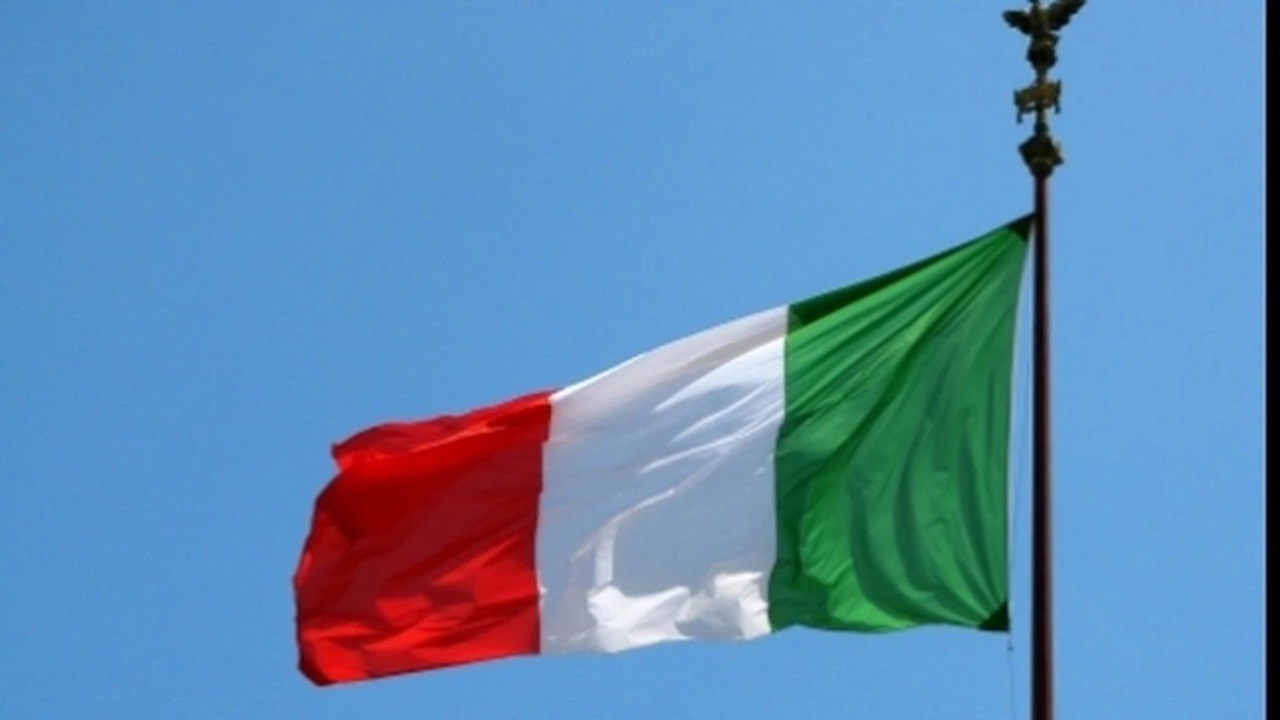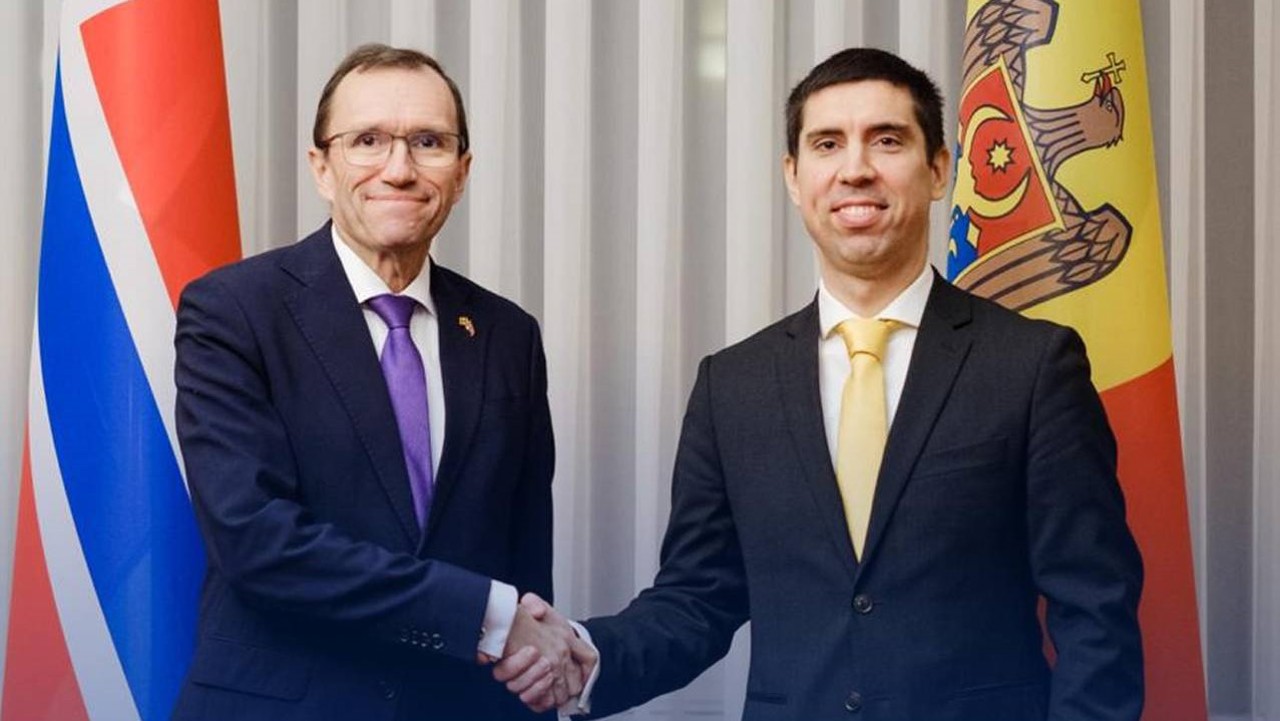Italy's Elections: All Talk, No Europe?
In Italy, the upcoming European elections on June 9th have failed to ignite any substantive debate on the issues confronting the European Union.

Instead, the elections appear to be centred on each individual party gauging its own electoral strength.
Essentially, the June European elections in Italy have become a domestic political contest, offering an opportunity to reshuffle the current balance of power based on the outcome of the European vote. This is despite the fact that the last national elections were held in the fall of 2022 and resulted in a seemingly solid right-wing majority. Nevertheless, a wide range of topics could be included on the European agenda.
For instance, the war in Ukraine and the ongoing crisis in the Middle East are issues that have divided, and continue to divide, both the current right-wing governing coalition and the center-left opposition parties. Additionally, the struggles of the agricultural sector, which garnered political attention only for as long as it took to quell farmer protests, could also be addressed.
On a separate note, there has been significant discussion regarding the potential candidacies of government leader Giorgia Meloni and Democratic Party (PD) secretary Elly Schlein to lead their respective electoral lists. Talks have also centred on the formation of new alliances or the reshaping of existing ones.
It is worth noting that, beyond the typical contentiousness that characterises the Italian political system, the parties' stances have been influenced by the convenient timing of the elections. The European elections are being held following a series of significant regional consultations, which have fostered a climate of constant campaigning. Although Italy is not a federal state, the regions hold considerable political and institutional weight due to their legislative powers. Unsurprisingly, regional elections invariably have a national impact, akin to American midterm elections, and therefore serve as a useful gauge of the government's popularity. For example, the elections held on February 25th in Sardinia and March 10th in Abruzzo were interpreted through this lens, with the former being won by the centre-left and the latter by the right.
Nationalism
The June 9th European elections will be conducted using a proportional voting system. Consequently, each party will be compelled to compete against all others, regardless of whether they are allies or opponents. This is particularly true for the right-wing coalition comprised of Forza Italia (FI, center-right), the League, and Fratelli d'Italia (FdI, far-right).
Meloni continues to address the Italian electorate using nationalist and right-wing rhetoric. However, when she is in Brussels, she adopts a more moderate and institutional demeanour. This shift in stance has been particularly evident in her Atlanticist positions on the war in Ukraine, whereas Salvini is still perceived by many observers to maintain close ties to Vladimir Putin's Russia. When it comes to European alliances, the League and FdI also diverge in their approaches. Notably, Meloni has been cultivating a relationship with Ursula von der Leyen, who was recently nominated for re-election by the European People's Party (EPP). Meloni's aim is likely to secure a more influential position within the Union or, at the very least, to garner legitimacy in Europe despite the lingering shadow of Italy's post-fascist past.
The League, on the other hand, aligns itself with the far-right wing of the Identity and Democracy group in the European Parliament. This group includes, among others, Marine Le Pen's party and the German Alternative für Deutschland (AFD), a party against which Von der Leyen herself expressed strong disapproval in her speech requesting the investiture of the European People's Party.
A similar situation exists within the centre-left camp. The Democratic Party and the 5 Star Movement (M5S) are simply unable to establish the groundwork for a stable alliance that extends beyond an electoral pact. The root of this challenge lies in their differing political philosophies – the PD being democratic and liberal, while the M5S leans towards populism – and the distinct bases of their respective electorates. The M5S electorate falls squarely on the right and, in the context of the United States, aligns more closely with the Republican Donald Trump than the Democrat Joe Biden.
In light of this dynamic, many observers anticipate an inevitable escalation in polemical rhetoric, even – and perhaps even more so – between allies.
Author: Dan Alexe
Translation by Iurie Tataru




